In loving memory of our friend James Randi who passed away at the age of 92 on October 20, 2020 we present a classic lecture on skepticism given at Caltech by James Randi on March 22, 1992 at the inaugural session of the Distinguished Science Lecture Series hosted by Michael Shermer and presented by The Skeptics Society in California (1992–2015). With wit and wonderfully illustrative examples, Randi teaches us several lessons on the scientific investigation of unusual claims.
Tags
-
browse by topic
pseudoscience
James Randi in Memoriam, 1928–2020
A Report from the Paranormal Trenches
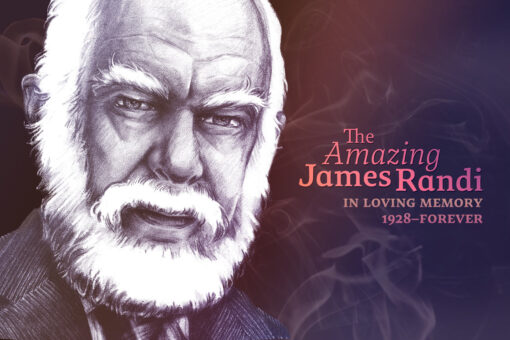
A classic lecture on skepticism was given by James Randi on March 22, 1992 at the inaugural session of the Distinguished Science Lecture Series hosted by Michael Shermer and presented by The Skeptics Society in California (1992–2015). With wit and wonderfully illustrative examples, Randi teaches us several lessons on the scientific investigation of unusual claims.
What are Science & Skepticism?
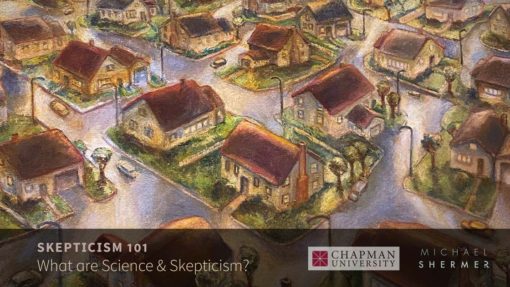
In this lecture, Dr. Michael Shermer presents descriptions of skepticism and science and how they work, along with a discussion of the difference between science and pseudoscience, and some very practical applications of how to test claims and evaluate evidence.
eSkeptic for June 12, 2020
In this lecture, Dr. Michael Shermer presents descriptions of skepticism and science and how they work, along with a discussion of the difference between science and pseudoscience, and some very practical applications of how to test claims and evaluate evidence.
Dr. Lee McIntyre — The Scientific Attitude: Defending Science from Denial, Fraud, and Pseudoscience
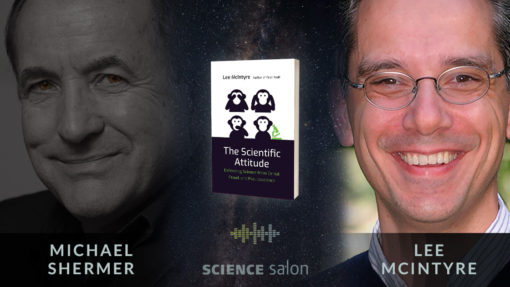
In Science Salon # 77, an engaging conversation on the nature of science, Dr. McIntyre and Dr. Shermer get deep into the weeds of where to draw the line between science and pseudoscience.
eSkeptic for July 30, 2019
In Science Salon # 77, an engaging conversation on the nature of science, Dr. McIntyre and Dr. Shermer get deep into the weeds of where to draw the line between science and pseudoscience. PLUS Dr. John Glynn reflects on our ever-increasing sensitivity to the perception of harm in an article about concept creep.
eSkeptic for June 18, 2019
Dr. Shermer reflects on the question “What is Truth?” in the context of his lifelong search to understand why people believe weird things.
Dr. Michael Shermer — What is Truth?
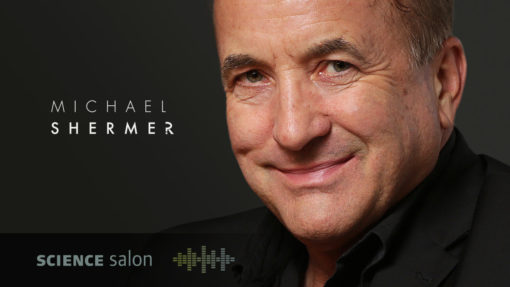
In this live podcast event hosted by the Santa Barbara Science Salon in conjunction with the Skeptics Society and the Unitarian Society, co-hosted by Dr. Whitney Detar, Dr. Shermer reflects on the question “What is Truth?” in the context of his lifelong search to understand why people believe weird things.
eSkeptic for May 22, 2019
In Science Salon # 67, Atheist Overreach, Christian Smith explains why we ought to be skeptical of the increasingly vociferous and confident claims of atheist apologists about morality, science, and human nature; PLUS Harriet Hall, M.D. examines the dubious claims of radiation hormesis — that low levels of radiation are beneficial to health.
Is Low-Dose Radiation Good for You? The Questionable Claims for Hormesis

Harriet Hall, M.D. examines the dubious claims of radiation hormesis — that low levels of radiation are beneficial to health.
eSkeptic for May 23, 2018
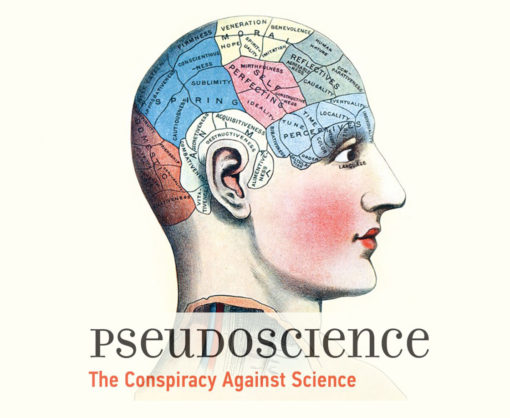
Listen to Science Salon # 24: a remarkable conversation between Michael Shermer and mission leader Dr. Alan Stern along with co-author of the spell-binding new book Chasing New Horizons: Inside the Epic First Mission to Pluto, Dr. David Grinspoon, as they recount the story of the men and women behind this amazing mission.
Science and Pseudoscience

Harriet Hall, M.D. (aka the SkepDoc) reviews Pseudoscience: The Conspiracy Against Science by Allison B. Kaufman and James C. Kaufman.
Not in Your Stars
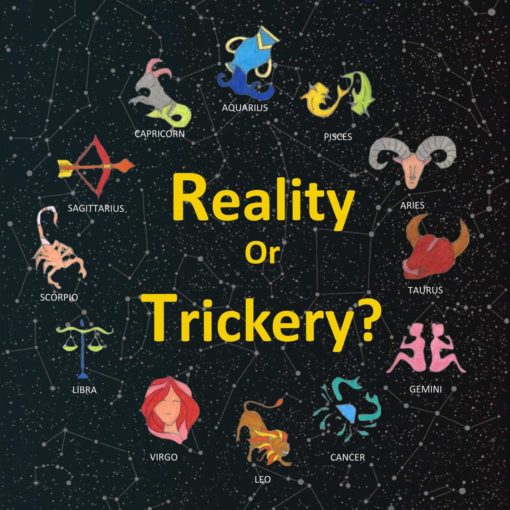
Harriet Hall, M.D. (aka the SkepDoc) reviews Horoscopes: Reality or Trickery? by Kimberly Blaker (Green Grove Press. 2018. 78 pages.), a delightful new book for children age 9–13 that encourages readers to ask questions and gives them the tools to find the answers for themselves.
eSkeptic for April 25, 2018

In this week’s eSkeptic, Harriet Hall, M.D. (aka the SkepDoc) reviews Horoscopes: Reality or Trickery? by Kimberly Blaker (Green Grove Press. 2018. 78 pages.), a delightful new book for children age 9–13 that encourages readers to ask questions and gives them the tools to find the answers for themselves.
eSkeptic for January 31, 2018

pH diets, alkaline water, urine pH tests, pseudoscience and bogus cancer cures abound. In this week’s eSkeptic, Harriet Hall, M.D. combats the plague of pH misinformation by distinguishing pHacts from pHiction.
pH Mythology: Separating pHacts from pHiction

pH diets, alkaline water, urine pH tests, pseudoscience and bogus cancer cures abound. In this column, Harriet Hall, M.D. combats the plague of pH misinformation by distinguishing pHacts from pHiction.
eSkeptic for November 15, 2017
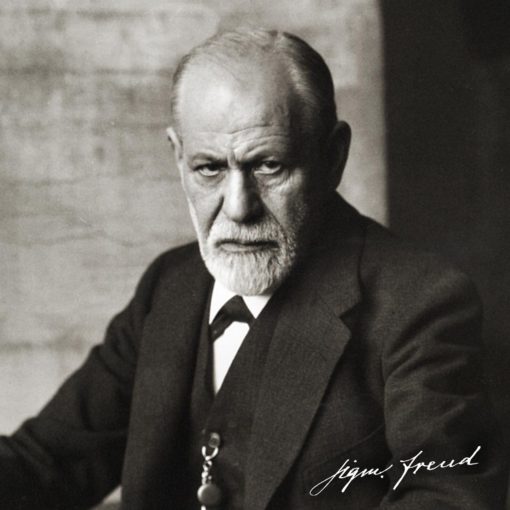
In this week’s eSkeptic, Margret Schaefer reviews Freud: The Making of an Illusion, in which its author, Frederick Crews, convincingly argues that Freud constructed psychoanalysis on a fraudulent foundation. How did Freud convince so many people of the correctness and the profundity of his theory?
The Wizardry of Freud

Margret Schaefer reviews Freud: The Making of an Illusion, in which its author, Frederick Crews, convincingly argues that Freud constructed psychoanalysis on a fraudulent foundation. How did Freud convince so many people of the correctness and the profundity of his theory?
eSkeptic for February 22, 2017
In this week’s eSkeptic, Dr. Karen Stollznow discusses the awkward mix of science and superstition found in almanacs. This article originally appeared in Skeptic magazine 18.1 (2013).
Climate Cold Reading: Meteorological Myths of Farmer’s Almanacs

Dr. Karen Stollznow discusses the awkward mix of science and superstition found in almanacs.
SKEPTIC App
Whether at home or on the go, the SKEPTIC App is the easiest way to read your favorite articles. Within the app, users can purchase the current issue and back issues. Download the app today and get a 30-day free trial subscription.










